A first year BA Television Production student, Rowan Prosser and Lecturer, Annie East share their thoughts on a pilot research project using 360-degree filming technology.
Fusion BU2025 looks to ensure that students are informed in the ‘latest thinking in practice and research’ it also looks to ensure graduates are ‘innovative’ and ‘have research skills’. The doctoral research that Annie East is engaged with seeks to discover the ways in which students are working with health and safety risk management processes on their location film shoots. The pilot study looked to test the use of a 360-degree camera on a student shoot as a Virtual Reality (VR) elicitation tool for data gathering . Here Annie East and first year student, Rowan Prosser, reflect on his role as student research assistant, working with the 360 degree camera on a second year student film shoot.
Thoughts on student/lecturer collaboration.
Rowan Prosser: As a first year student the opportunity to work on academic research was both intriguing and a great opportunity to learn. The project gave me a chance to see how research is carried out in an academic way, seeing the correct processes of it all. It was all carefully considered and planned accordingly, my needs and any questions I had were answered immediately; something you don’t get when working with other students. When planning for the pilot project, the meetings that took place were well informed. In contrast, when I work with fellow students, there is sometimes difficulty in getting to the point of the discussion or the heart of the problem.
Annie East: Finding a student keen to work on research that was testing relatively new technology was key for this pilot. Meeting with Rowan for the first time as a researcher rather than as lecturer was a turning point. The power dynamics of student/lecturer dissolved with Rowan becoming more of an equal in our journey to master the technology and workflow of the camera. I chose to work with a student to lessen the power dynamic on the student film shoot; taking myself physically away from their shoot and allowing a student to operate the 360-degree camera.
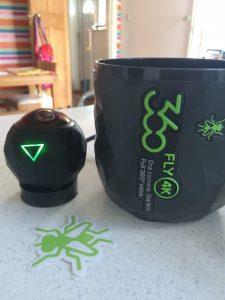 360-degree camera
360-degree camera
Reflections on the approach.
Rowan Prosser: It was an interesting scenario to be surrounded by second year BA Television Production students. Due to the role I had (responsibility for the 360-degree camera) they all tried to adhere to my needs and requests throughout the shoot. This allowed me to make sure that my camera work was achieved. If I was in the way, they would politely ask me to move the camera. The kit used really interested me; 360-degree video is something that is slowly coming into the fold – people (including the 2ndyear students I was working with) are very interested in the camera and how it works. This allowed me to educate and show them.
Annie East: Interestingly it is not just the power dynamics of lecturer/student that are changing with this work but also student-to-student interactions. The collaboration gave Rowan a new perspective and a window into the world of a second year student film shoot, levelling the inter-year dynamics somewhat. Silently it also afforded him institutional power; he became the educator and sage.
Reports from the field.
Rowan Prosser: Observing second-year students on their film shoots gave me the ability to blend in since I was a fellow student. We were able to talk about the course, topics we enjoyed thus allowing the presence of a camera filming their every movement less uncomfortable. It was interesting to observe the similarities of 2nd-year students to 1st years on the shoot. The classic way in which clear leaders can sometimes emerge and take over other people’s role was seen, this being an issue with student filmmaking, when someone isn’t happy with how someone else is conducting their role.
Annie East: Rowan’s reflections display some of the key tensions in setting up this research project; how do we observe students in the field and in what ways does that change the way they behave. This pilot confirmed going forward that the data to be captured is not the footage itself but the conversation about the footage when each crew member put on their VR visor to re-immerse themselves back into their field. This shifts the research focus away from behaviour and towards reflections on action and reflections in action.
Moving forward
Rowan Prosser: I really enjoyed the experience, as the opportunity to carry out research for an academic is not something that happens a lot. It gave me a clear insight into the future on how I can carry out future research and also taught me a lot about 360 cameras which I have not previously used. The group of second year students responded very well to me being around, and in the group, so it would be interesting to see how other groups would react to my involvement.
Annie East: These reflections suggest a shift in student identity and changing power dynamics between researcher and student and between student-to-student. The confidence that this work appears to have afforded Rowan sets him on the path of the lifelong learner; someone thirsty for new challenges. The challenge for BU2025 is the possible perception that working on academic research is a rare experience. Going forward Rowan can choose to be part of the full study and be more experienced for it; a scaffolded approach to collaborative research rather than a siloed one. The vision of fusion in BU2025 features a strong sense of inclusivity which we can promote to our students creating not only rounded academics but also fully rounded students, confident to take on ‘intriguing’ research projects.
References
Bournemouth University BU2025 Strategic Plan 2018 (online). Available from: https://www1.bournemouth.ac.uk/sites/default/files/asset/document/bu2025-strategic-plan.pdf (Accessed 10 August 2018)
Foucault, M., 1991. Discipline and punish. The birth of the prison. London: Penguin.
Schön, D. A., 1983. The reflective practitioner. [online] : how professionals think in action. New York : Basic Books.
Vygotsky, L. S. and Cole, M., 1978. Mind in society : the development of higher psychological processes / L. S. Vygotsky ; edited by Michael Cole … [et al.] Cambridge : Harvard University Press.
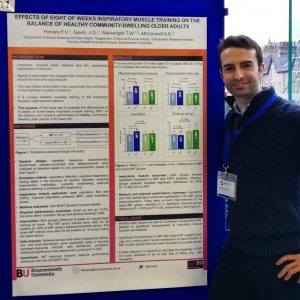

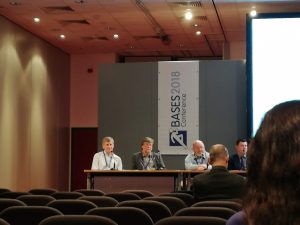

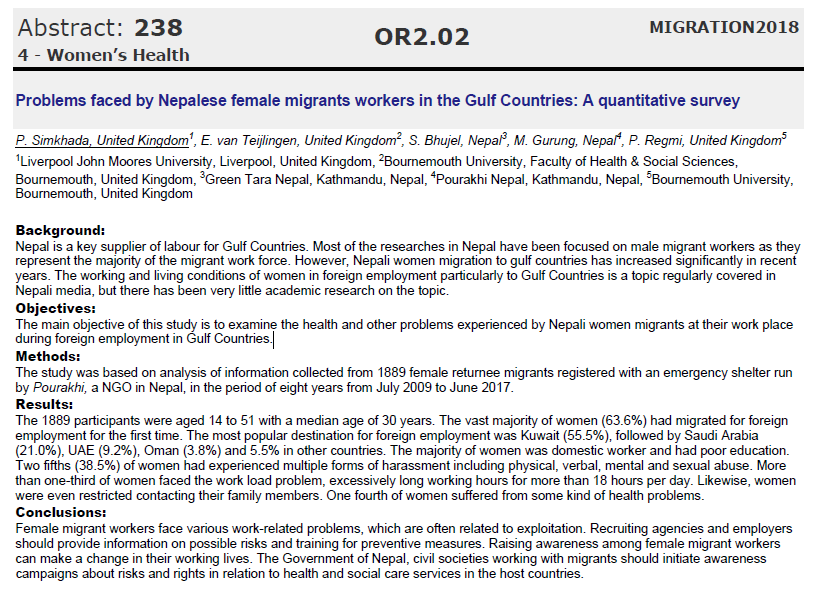

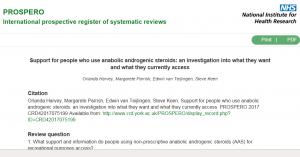
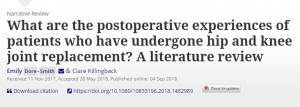
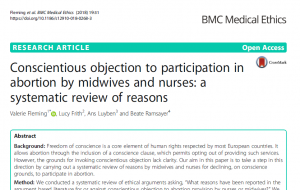
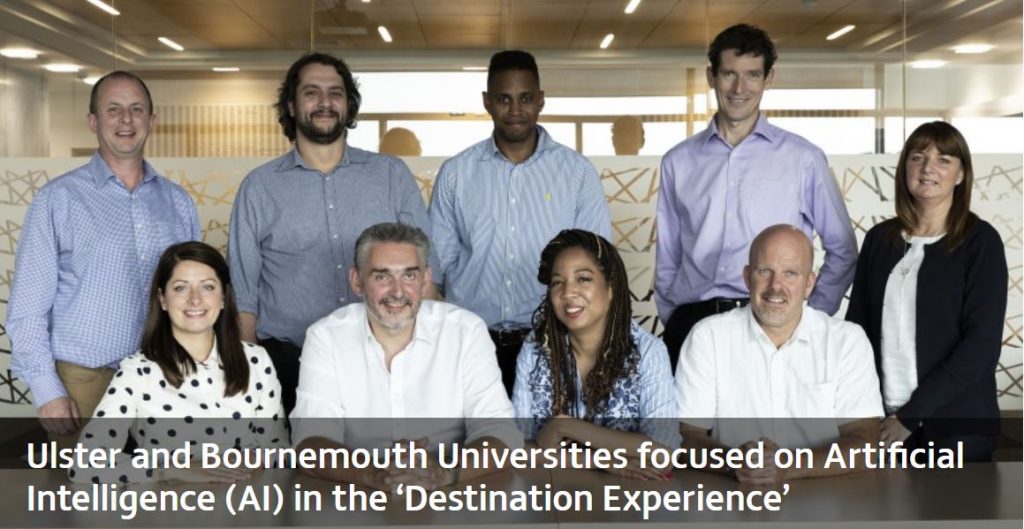
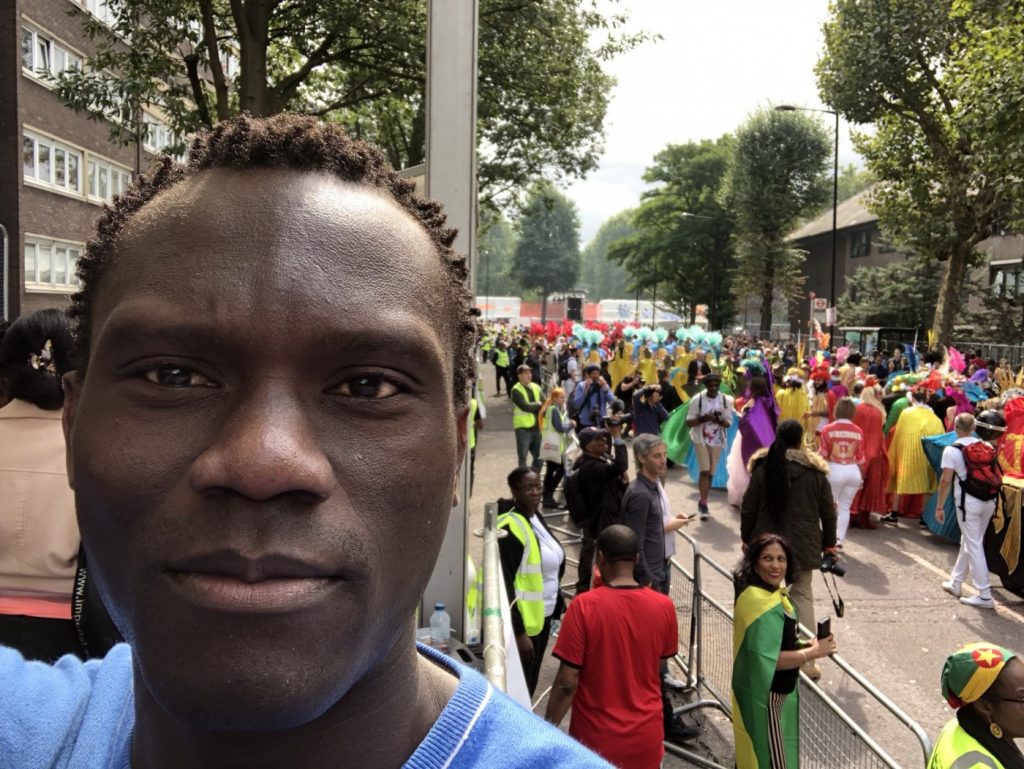
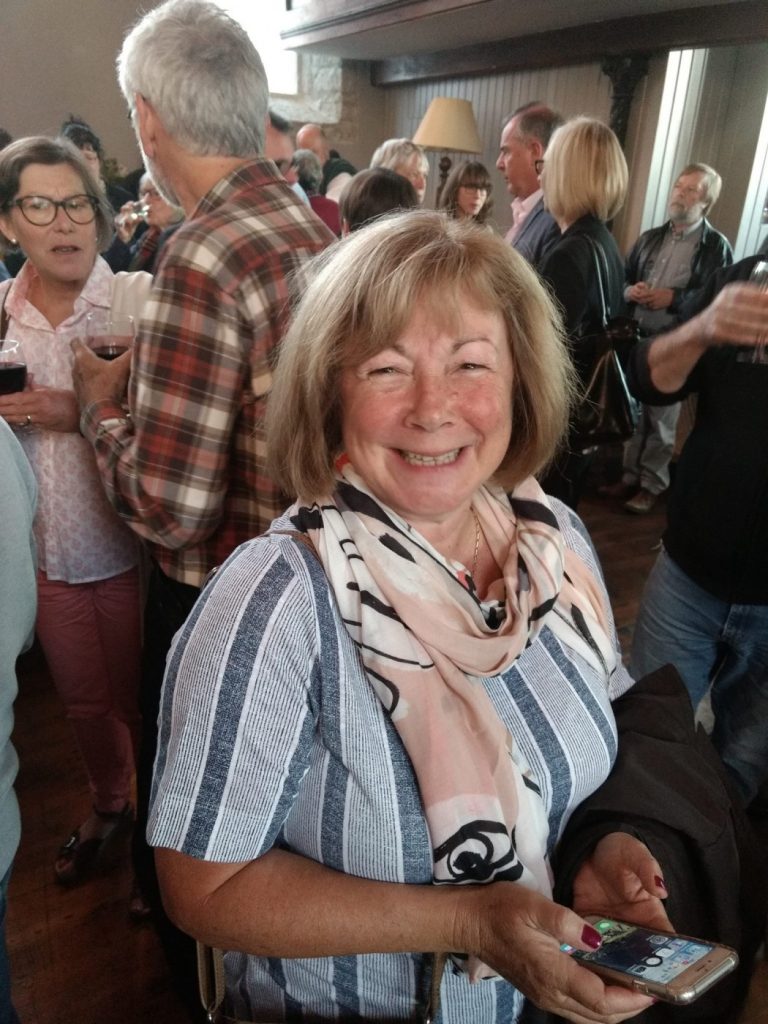


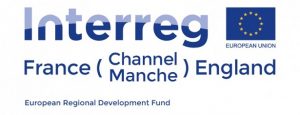
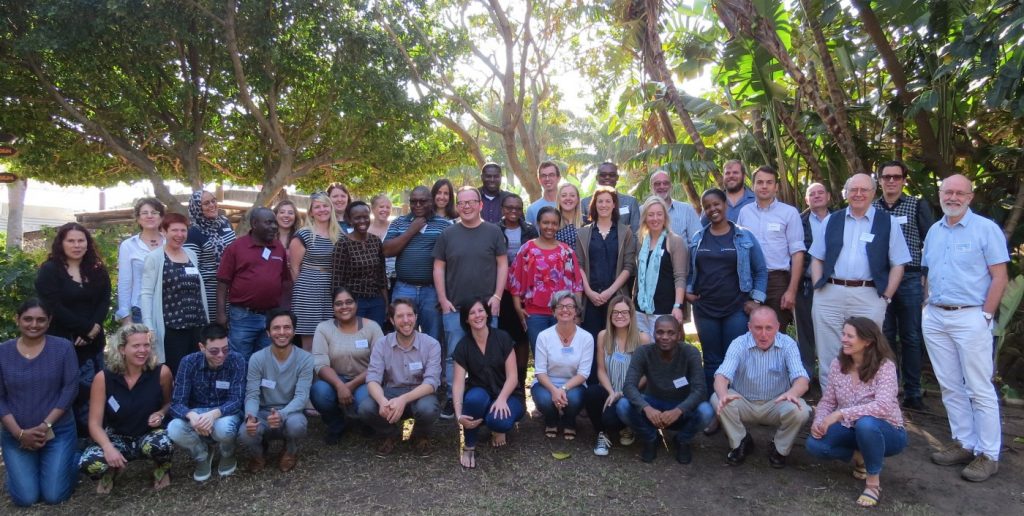
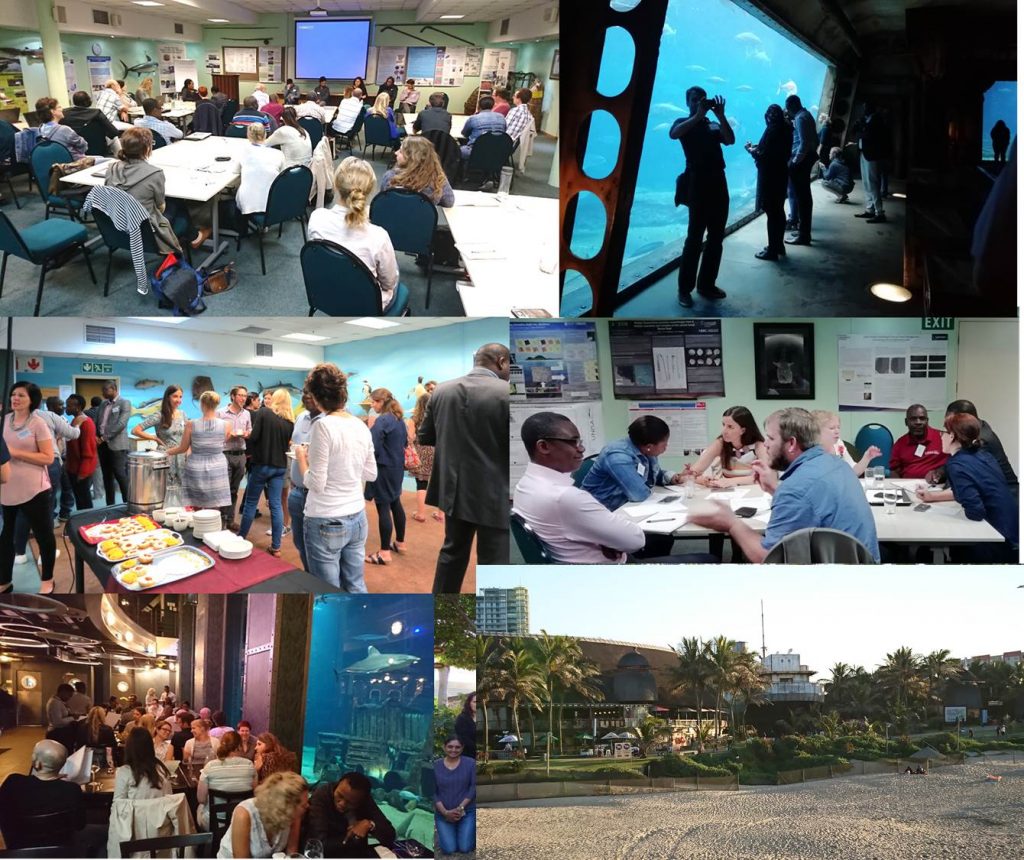

 Dr Holly Crossen-White has had a conference paper accepted for National Programmes Conference: Museums and Digital Memory Conference to be held at the British Museum in September. The paper will be presented with Dr Trudie Cole, Head of Access and Participation, The National Museum of the Royal Navy. Trudie and Holly have previously worked on several research projects related to the use of digital archives and this gives them opportunity to apply their findings within the context of collections held by the National Museum of the Royal Navy. Holly’s research interest in digital archives arose through her PhD which explored the hidden history of illicit drug taking during the early twentieth century. Holly has published on the ethical issues of undertaking research using digital archives and has been awarded Faculty Seedcorn Funding with her colleague Dr. Angela Turner-Wilson for some of this research work.
Dr Holly Crossen-White has had a conference paper accepted for National Programmes Conference: Museums and Digital Memory Conference to be held at the British Museum in September. The paper will be presented with Dr Trudie Cole, Head of Access and Participation, The National Museum of the Royal Navy. Trudie and Holly have previously worked on several research projects related to the use of digital archives and this gives them opportunity to apply their findings within the context of collections held by the National Museum of the Royal Navy. Holly’s research interest in digital archives arose through her PhD which explored the hidden history of illicit drug taking during the early twentieth century. Holly has published on the ethical issues of undertaking research using digital archives and has been awarded Faculty Seedcorn Funding with her colleague Dr. Angela Turner-Wilson for some of this research work.
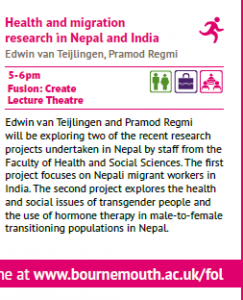











 SPROUT: From Sustainable Research to Sustainable Research Lives
SPROUT: From Sustainable Research to Sustainable Research Lives BRIAN upgrade and new look
BRIAN upgrade and new look Seeing the fruits of your labour in Bangladesh
Seeing the fruits of your labour in Bangladesh Exploring Embodied Research: Body Map Storytelling Workshop & Research Seminar
Exploring Embodied Research: Body Map Storytelling Workshop & Research Seminar Marking a Milestone: The Swash Channel Wreck Book Launch
Marking a Milestone: The Swash Channel Wreck Book Launch ECR Funding Open Call: Research Culture & Community Grant – Application Deadline Friday 12 December
ECR Funding Open Call: Research Culture & Community Grant – Application Deadline Friday 12 December MSCA Postdoctoral Fellowships 2025 Call
MSCA Postdoctoral Fellowships 2025 Call ERC Advanced Grant 2025 Webinar
ERC Advanced Grant 2025 Webinar Update on UKRO services
Update on UKRO services European research project exploring use of ‘virtual twins’ to better manage metabolic associated fatty liver disease
European research project exploring use of ‘virtual twins’ to better manage metabolic associated fatty liver disease